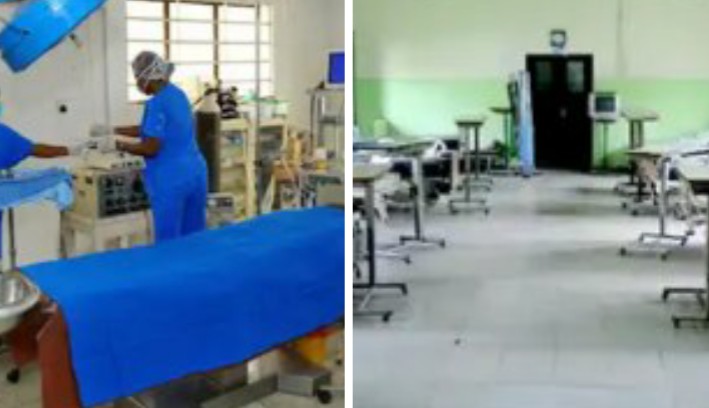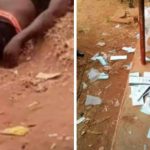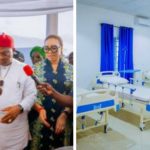The National Association of Resident Doctors (NARD) says more than 90 percent of tertiary hospitals in Nigeria do not have accommodation for Resident doctors within hospitals.
President of NARD, Dr Innocent Orji who made the claim when he featured on Channels television Sunrise Daily, Wednesday, however did not name the institutions.
He said the challenge has negatively impacted on the health sector due to lack of patients access to doctors in public hospitals that are now plagued by challenges of poor unsafe working environment and shortage of manpower.
“For instance we are Resident doctors. We are supposed to reside in hospitals and make our work easier. It also helps us to be readily available to help our patients.
“But, I can tell you that more than 90 per cent of tertiary health institutions we have in the Country do not have accommodation in the hospitals. And all these things impact on our work.
“It’s time the governments sit down with us and mandate the agencies of government to discuss and resolve these issues because it is threatening the institution’s existence in this Country”, Dr Orji said.
The NARD’s President berated the Management of some federal government-owned health institutions who recruited some medical doctors locally due to manpower shortage without following due process.
Dr Orji lamented the non payment of doctors who were employed through adhoc arrangement in the hospitals, including Obafemi Awolowo University, OAU, Ile, Ife in Osun State, University College hospital, Ibadan, Oyo a state and the University of Calabar Teaching hospital, Cross River State.
“A number of then recruited doctors on local basis because they didn’t have people to regulate them properly. So, even the salaries that the government agreed to pay them, but they didn’t meet up. Some of them were were now being owed six months. The doctors were expected to work under the harsh condition”, Dr Orji said.
The medical practitioner assured that NARD will soon meet and review the suspension of the nationwide doctors strike, which began in July, over poor remuneration and other issues of concern, following the intervention of President Bola Tinubu and other stakeholders.
Dr Orji assured that if the Circular on ‘One-for-One’ work replacement pending request that is currently before the federal government, is acceded to, it will help to reduce the impact of brain drain and enhance productivity in the health sector.
According to him, “Our members were fully for the nationwide protest , which was due to begin on Wednesday August 10, 2023, before the strike was called off.
“They (federal government) assure d us that the urgent demands that we have been talking about would be resolved in 24 hours. But, we gave them (federal government) 72 hours.
“We are trying to help the system because people are leaving and you are not replacing them. The system will shut down. We have Departments across the Country whose Units have shut down. And they are not functioning or rendering the services that they are supposed to render because the doctors to man them are not there. These things are verifiable”, he said.









Leave a Reply